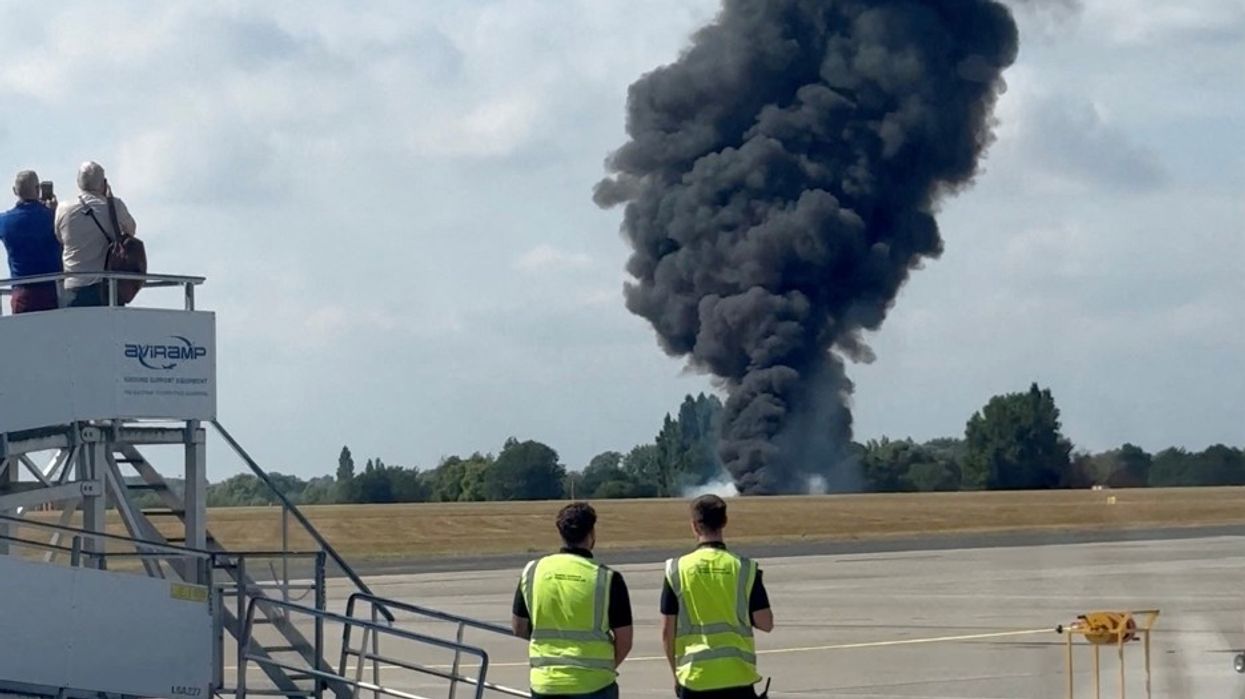LONDON Southend Airport in Essex has been closed until further notice after a small plane crashed at the airport on England’s south-east coast on Sunday, according to police.
In a post on X, London Southend Airport said all flights to and from the airport have been cancelled while emergency services, police, and air accident investigators are at the scene.
“We remain on the scene of a serious incident at Southend Airport,” Essex Police said. The police said they were called just before 4 pm to reports of a collision involving a 12-metre (39.4-foot) aircraft.
It is not yet known how many people were on board the plane.
Photos published by British newspaper websites showed a fireball above Southend Airport, which is located around 35 miles (56 km) east of London.
The East of England Ambulance Service said it had deployed four ambulances along with other response vehicles to the site.
The airport’s website showed that five international flights were cancelled after the crash.





